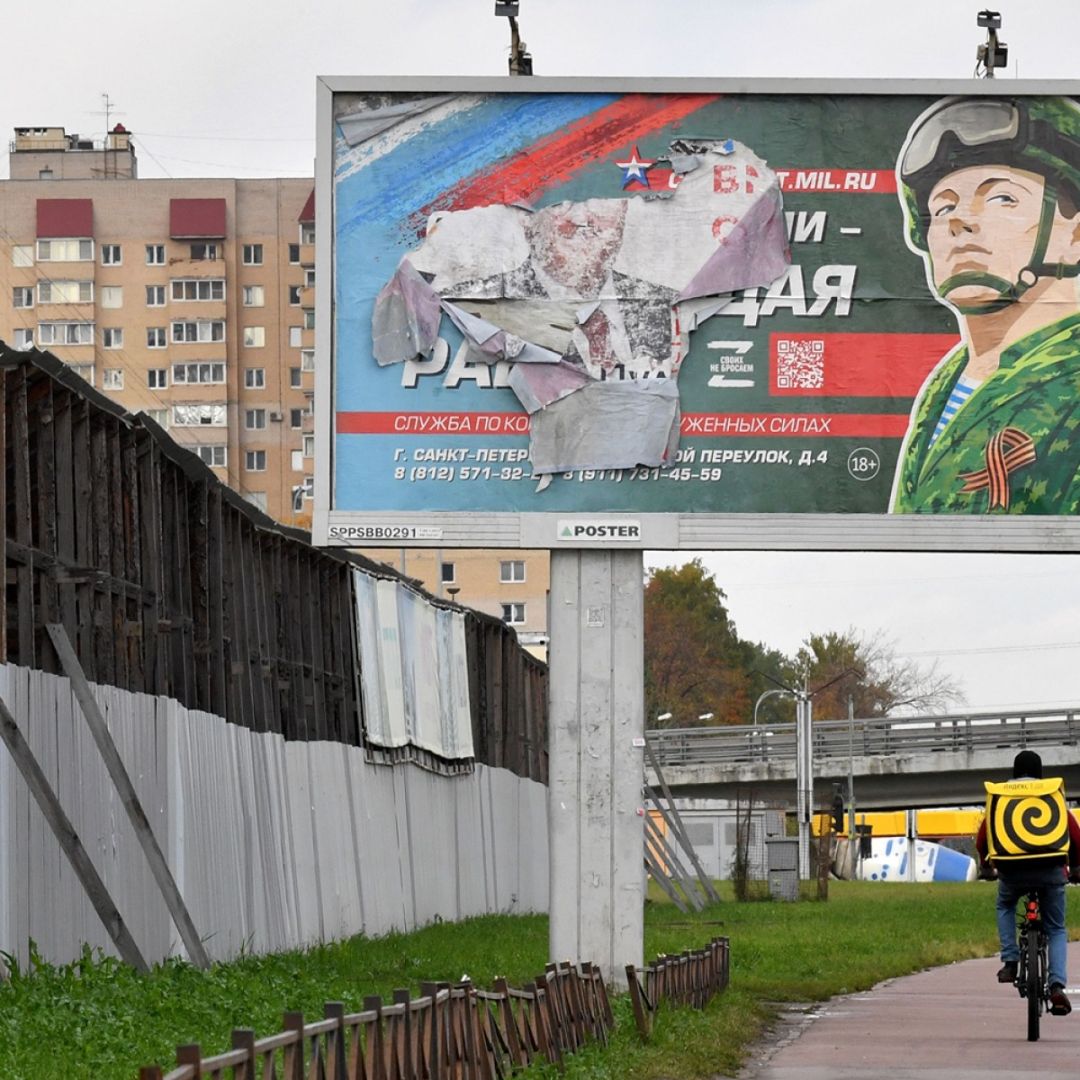Friend or foe? Russia undermines its own alliances in post-Soviet space

In recent years, the Russian government has repeatedly insisted that it seeks strong, cooperative relationships with its post-Soviet neighbors. Moscow claims to value mutual respect, shared history, and regional integration. Yet, its actions tell an entirely different story — one rooted not in partnership but in punishment, discrimination, and strategic humiliation.
Nowhere is this contradiction more stark than in the latest incident involving Azerbaijan. Earlier this week, an Azerbaijani parliamentary delegation was en route to Russia’s Astrakhan region to attend an annual commemoration of Heydar Aliyev, Azerbaijan’s national leader. The event, held with the full knowledge and formal invitation of the Russian side, was intended as a gesture of diplomatic respect. But the visit turned into an affront.
Azər Badamov, a sitting member of Azerbaijan’s National Assembly and part of the delegation, was detained at a Moscow airport and denied entry into Russia — with no explanation. Despite his diplomatic status and the official nature of the trip, Badamov was informed he was now barred from entering the Russian Federation. He had no prior warning. The move was deliberate, humiliating, and deeply insulting.
This episode is not an isolated bureaucratic mishap. Rather, it fits a disturbing pattern in Russia’s treatment of its so-called partners in the Commonwealth of Independent States (CIS), particularly those who dare to assert their sovereignty or challenge Moscow’s rhetoric. Under the surface of cooperative summits and symbolic gestures, Russia has been tightening the screws — using diplomatic snubs, media propaganda, and even cyberattacks to assert dominance over its former republics.
The decision to bar Azər Badamov, in particular, reeks of retaliation. His “offense” appears to be nothing more than expressing a principled objection to offensive comments made by Russian State Duma member Nikolai Valuev about the Azerbaijani people. Badamov’s response was measured, professional, and devoid of personal insult. Still, Moscow’s response was petty and vindictive — proof, perhaps, that respectful dissent is now enough to trigger blacklisting in Russia.
This case follows a wider trend of growing racism and xenophobia in Russian political and social circles. Central Asian migrants, in particular, are facing rising levels of discrimination and violence. In recent months, there have been increasing reports of harassment and abuse directed at Uzbek, Kyrgyz, and Kazakh nationals. Official statements from Russian politicians questioning Kazakhstan’s territorial integrity, or labeling migrant workers as threats to national identity, only pour fuel on the fire.
But Azerbaijan occupies a uniquely precarious place in this dynamic. While Central Asian states are often targets of Russia’s racialized domestic anxieties, Azerbaijan faces both political suspicion and ethnic prejudice. Armenians — Russia’s longstanding regional ally — enjoy a different standard. Despite years of occupation and recent tensions in the South Caucasus, Armenian individuals and political interests continue to receive preferential treatment in Russia. Crimes and abuses are often glossed over. By contrast, Azerbaijanis are subject to suspicion and double standards.
The double-dealing is not only infuriating, it is destabilizing. This latest affront comes on the heels of more serious grievances, including Russia’s failure to account for the downing of an Azerbaijani military aircraft — an event still awaiting honest explanation, apology, or compensation. Moscow’s silence on that tragedy, coupled with a wave of verified cyberattacks targeting Azerbaijani institutions, suggests a systematic erosion of trust beneath the public veneer of alliance.
Let us be clear: Azerbaijan has demonstrated diplomatic maturity in the face of these provocations. Even as a Russian Orthodox Church delegation led by Patriarch Kirill visited Baku and met with President Ilham Aliyev and First Vice President Mehriban Aliyeva, expressing mutual respect and cultural harmony, unseen forces in Moscow were working to sour the very fabric of bilateral ties. The detention of Badamov was not just an insult to a lawmaker — it was a message, and not a constructive one.
Some will argue that these tensions are part of a broader Russian strategy: keeping its neighbors insecure, divided, and dependent. If that is indeed the plan, it is short-sighted. Alienating partners who have chosen strategic alignment over hostility is no way to ensure influence. Today’s humiliation sows tomorrow’s resentment. And Azerbaijan, a country with its own national dignity and strategic weight, is unlikely to forget these transgressions.
So, what does Russia want? The question now hangs over the entire post-Soviet space. Is it seeking new enemies? Testing its limits? Or simply losing control of its foreign policy to hardliners and nationalists? Whatever the answer, one thing is clear: Azerbaijan deserves better than this. So does every other nation still clinging to the hope that Russia can act like a true regional partner.
In diplomacy, as in life, actions speak louder than words. And Russia’s actions are making its words ring hollow. If Moscow wants respect, it must start by giving it. If it wants cooperation, it must stop sowing mistrust. And if it truly seeks a stable Eurasian future, it must abandon this dangerous habit of turning friends into adversaries.
Because in this game of humiliation and coercion, it is not just Azerbaijan that stands to lose — it is Russia’s own credibility as a serious international actor. And that, in the end, is a price far too high for any nation to afford.
Here we are to serve you with news right now. It does not cost much, but worth your attention.
Choose to support open, independent, quality journalism and subscribe on a monthly basis.
By subscribing to our online newspaper, you can have full digital access to all news, analysis, and much more.
You can also follow AzerNEWS on Twitter @AzerNewsAz or Facebook @AzerNewsNewspaper
Thank you!

